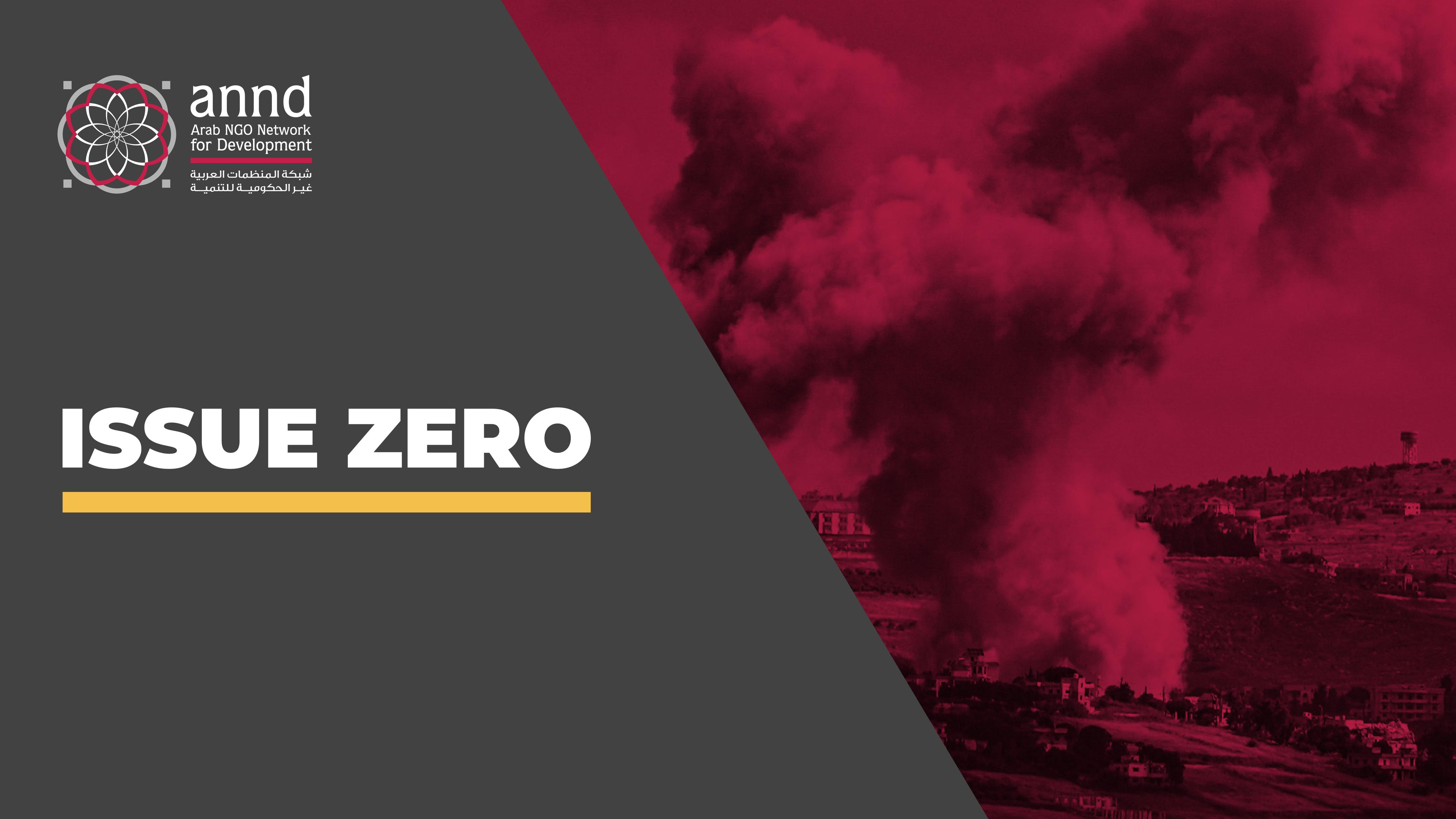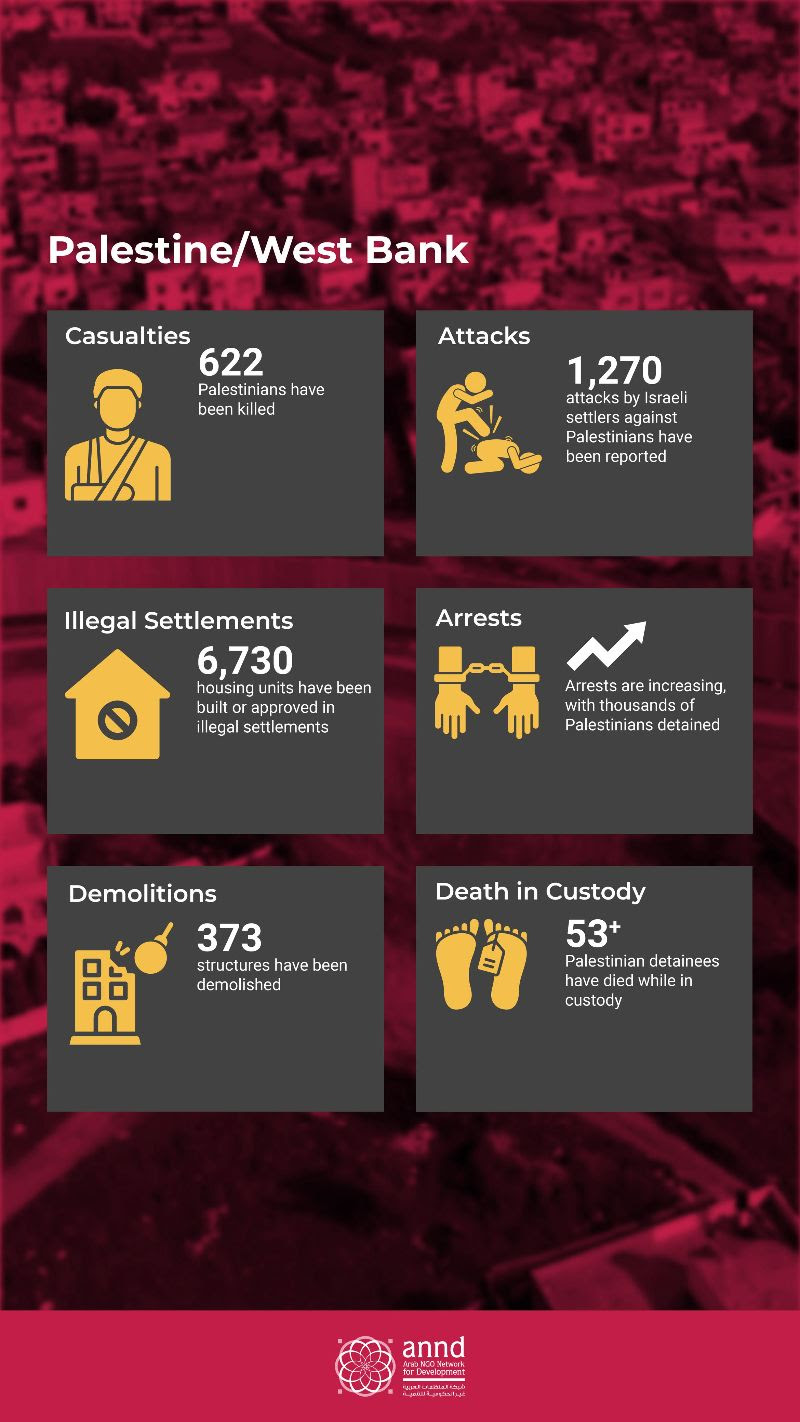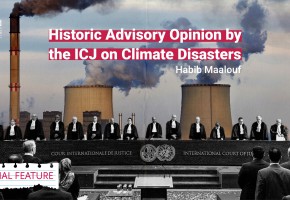
A Region on Fire - Issue ZERO
A Region on Fire - Fact sheet
Issue Zero - September 26,2024
The current context places international institutions before their responsibilities to enforce international law and uphold Human Rights. Israel has not complied with the decision issued by the International Court of Justice on 19 July 2024, which declared Israel’s occupation of the Gaza Strip and the West Bank, including East Jerusalem, as illegal and mandated Israel to end its occupation, dismantle its settlements, provide full reparations to Palestinian victims and facilitate the return of displaced people. . Additionally, Israel ignored the United Nations’ General Assembly resolution on September 18 2024 that demands Israel to “bring to an end without delay its unlawful presence” in the Occupied Palestinian Territory. Before that, Israel has also failed to comply with the Security Council resolution issued in March 2024 calling for cease-fire in Gaza.
As the Security Council considers the situation in the region and Lebanon in particular, States are required to review immediately all diplomatic, political, and economic relations with Israel. They are encouraged to engage with the International Criminal Court, protect the Palestinians and Lebanese, and confront Israel’s deliberate efforts to rewrite the rules of international humanitarian law, using it as a “humanitarian camouflage” to legitimize genocidal violence and terrorism against civilians .
1727515596.jpg)

1727515867.jpg)
Recent publications

